Have you watched any cooking shows like Master Chef, Rachael Ray, or Netflix’s Salt, Fat, Acid, Heat? If there’s one tip I take away from watching these famous chefs do their thing, it’s USE. MORE. SALT. I realize there’s no way I’m using enough salt in my food and my dishes are falling a little lackluster. Seasoning with herbs and spices helps the dish fulfill its potential and become as satisfying and delicious as possible.
Let’s uncover the do’s and don’ts of seasoning food.
This post is part of our Basic Cooking Skills series. Each week we will be doing a deep-dive into one basic cooking skill and a brand new recipe to accompany it to practice that newfound skill. Check back throughout the series for updates and new posts.
Please note this post contains affiliate links, which means I receive a small commission, at no extra cost to you, if you make a purchase using the links. Please see my disclosure for more details.
importance of seasoning properly
Seasoning your food properly is one the most important techniques to master in the kitchen.
Spices, herbs, salt, and pepper work diligently to create rich, deep flavors in food and marry together all the moving pieces of a dish.
What good does knowing how to cook accurately do if your food doesn’t have any pops of flavor??
With the addition of the right amounts of seasoning, a plain chicken can become mouthwatering and juicy. Roasted vegetables can turn from lifeless to aromatic and succulent. Chocolate desserts can be enriched with a zing of saltiness rather than falling fat.
Coaxing out the flavor of each ingredient of the dish, little by little, can yield a delectable final result that wouldn’t have been possible without your spice cabinet. Seasoning with herbs and spices is a necessary part of cooking that will change the way you view your food.
how to: season using salt and pepper
Salt
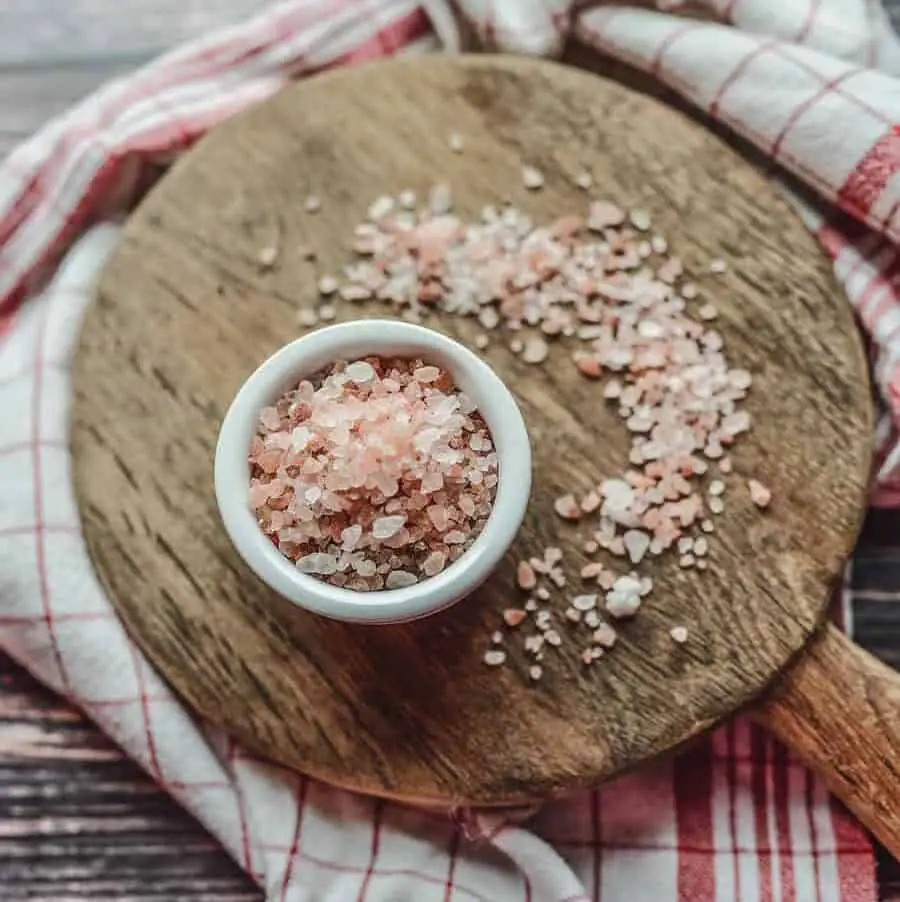
Arguably the most important seasoning ingredient in your pantry, salt is truly the MVP. Most often you don’t need many more spices after utilizing salt to its full potential.
In 4 Elements of Cooking we discovered WHY salt is such a game-changer and how it affects food when cooking. Salt preserves meat, retains moisture, and enhances texture, to say the least.
By using more salt, it doesn’t just make things salty and unbearable. Salt works to increase the natural flavors of the dish.
Salt should be used regularly throughout the cooking process and is typically added at each step of cooking for the best result. If you’re feel like you’re using too much, you’re probably doing it right!
Pepper
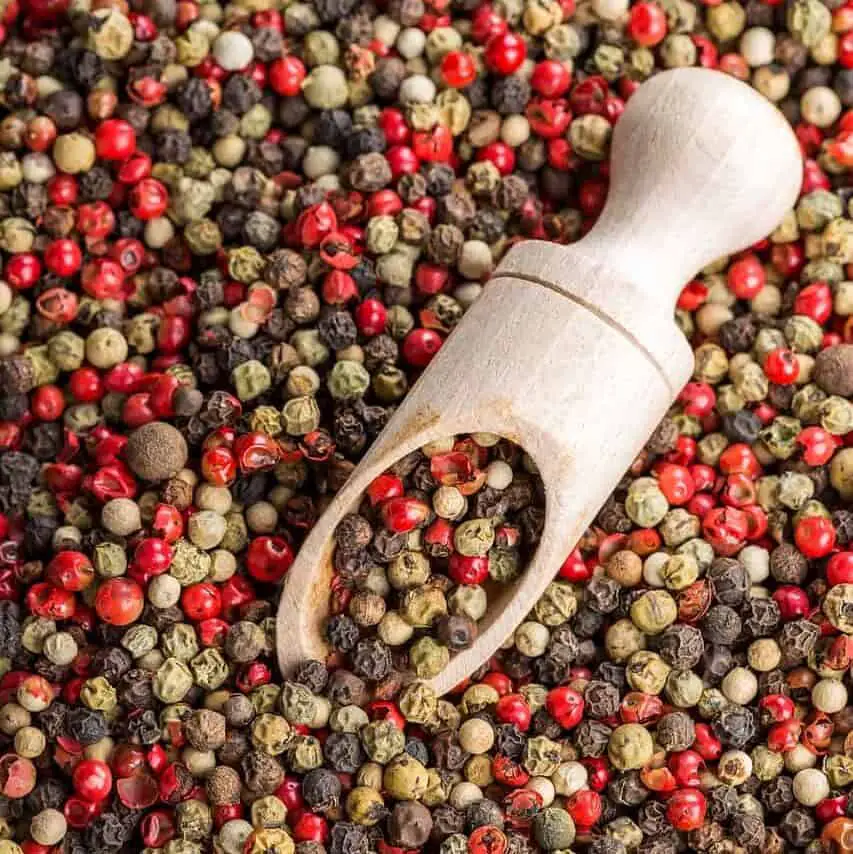
Salt & pepper seem to go together like two peas in a pod. However, they should be treated so differently when cooking!
Pepper should be treated as a spice and only used sparingly, whereas salt should be incorporated at every level of the dish.
Fresh ground black pepper is the way to go, and has a very strong kick. If you don’t have a pepper grinder, I would 10/10 recommend you try it! You will never want to go back to ground pepper again, the flavor is incomparable.
In contrast to salt, pepper doesn’t draw out the natural flavor of the food — it adds pepper flavor. This can be a little tricky to wrap your mind around since we are so accustomed to using the two together, but they could not be more different.
how to: season with herbs
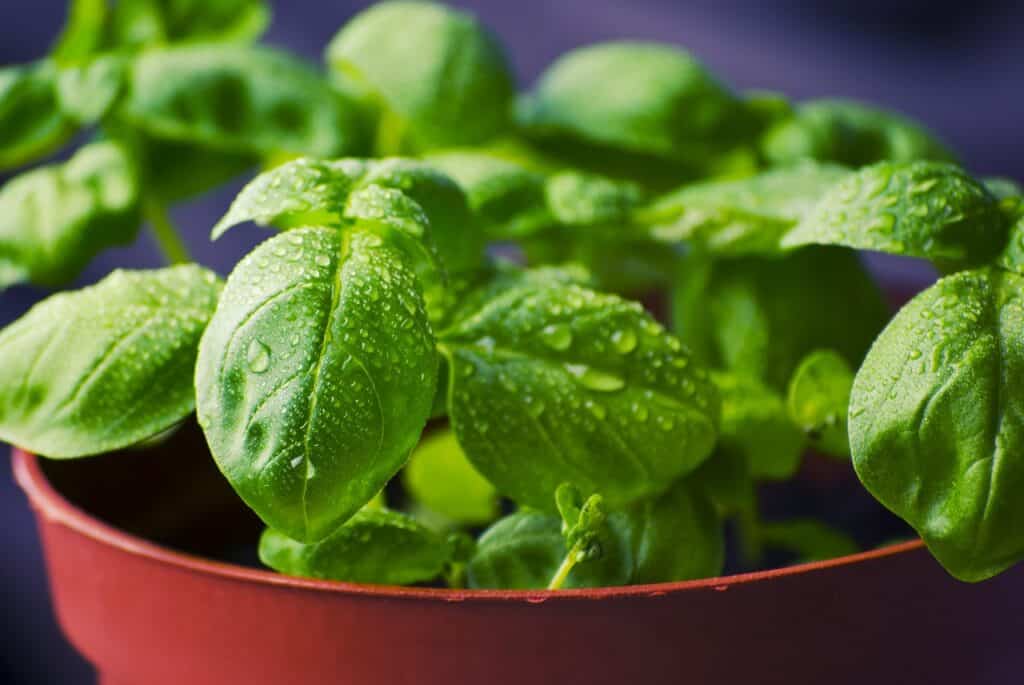
Did you know that you should be using herbs differently depending on if they’re fresh or dried? As a newbie in the kitchen I had no clue about this and thought basil was basil, right?? Not quite 🙂
- Dried
- Dried herbs are probably what you think of when you picture your spice cabinet, with little labeled jars filled with herbs.
- For the utmost flavor, cook in a liquid, whether it be water or fat, in order to infuse their flavors into the liquid.
- Add dried herbs near the beginning of cooking because it takes time for them to really cook down into the food.
- Some examples include oregano, rosemary, and thyme.
- Fresh
- Fresh herbs tend to have a much brighter flavor. Use them near the end of cooking or as a garnish.
- They can be crushed to release oils or are fine without any alteration.
- In relation to dried herbs, use more fresh herbs because the dried herbs have a more concentrated flavor.
- Some examples include parsley and basil.
how to: season with spices
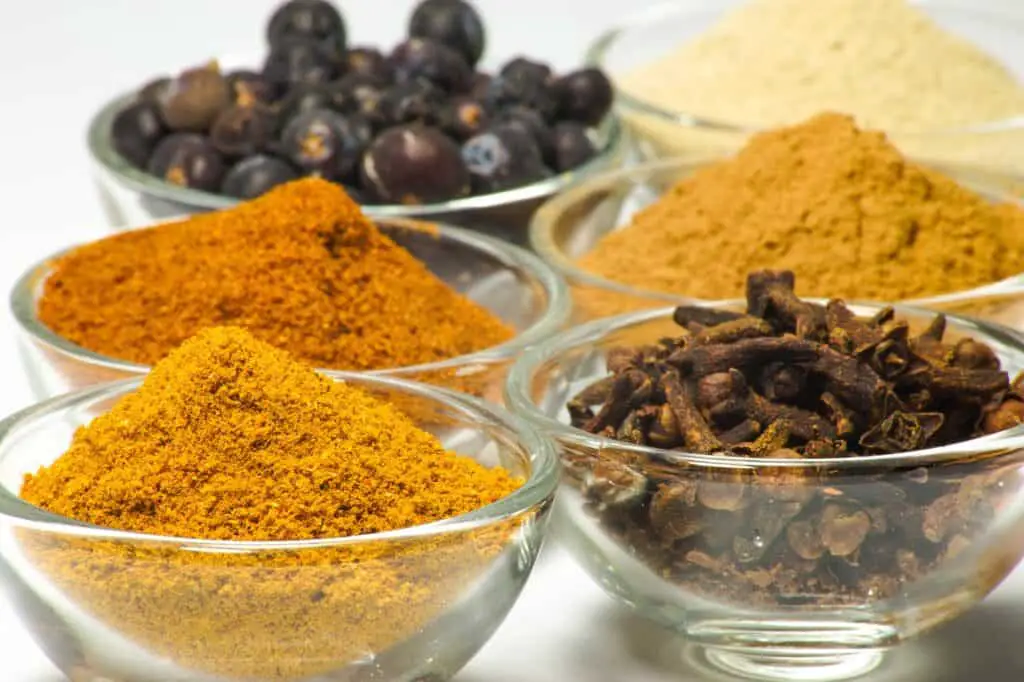
Ground
- Ground spices are convenient (ground cinnamon takes up a lot less space in your pantry than cinnamon sticks). However, ground spices can go stale and lose their strong flavor.
- This form of spices is more readily available in most grocery stores, and you may just need to be more vigilant about purchasing them regularly to get that strong flavor you wish.
Whole
- Whole spices allows you to have instant fresh spices whenever you need them. Store your spices whole and then you’ll have strong, fresh ground spices whenever you need them. More strength = more flavor. This can really affect your dish when making very intricate dishes like curries.
The conversion from whole spices to ground spices is not as easy as with herbs. This will vary depending on the spice, and it’s worth confirming the exact measurements rather than taking a guess.
create your own spice blend
Developing your own spice blends out of the contents of your pantry is a great way to not only save money, but to understand the different flavor profiles of dishes and cuisines around the world and beginning seasoning with herbs and spices.
Flavor Profiles
Here’s a few popular herbs and spices and what they taste best with. These are just a few to start with–I want to encourage you to play around with your entire spice cabinet!
- Basil – sweet with a little pepper
- tomatoes, olive oil, summer vegetables, dressings, fruit
- Cinnamon – sweet, warm and earthy
- Fruit, sweet potatoes, carrots, chocolate, desserts
- Cumin – nutty and smoky
- Root vegetables, corn, dry rubs, sauces, curries
- Garlic – savory
- Tomatoes, mushrooms, peppers, olive oil, marinades, dry rubs, sauces
- Oregano – earthy and a little peppery
- Tomatoes, zucchini, mushrooms, chicken, tomato sauces, marinades
what you need to get started seasoning with Herbs and Spices
Pin me!
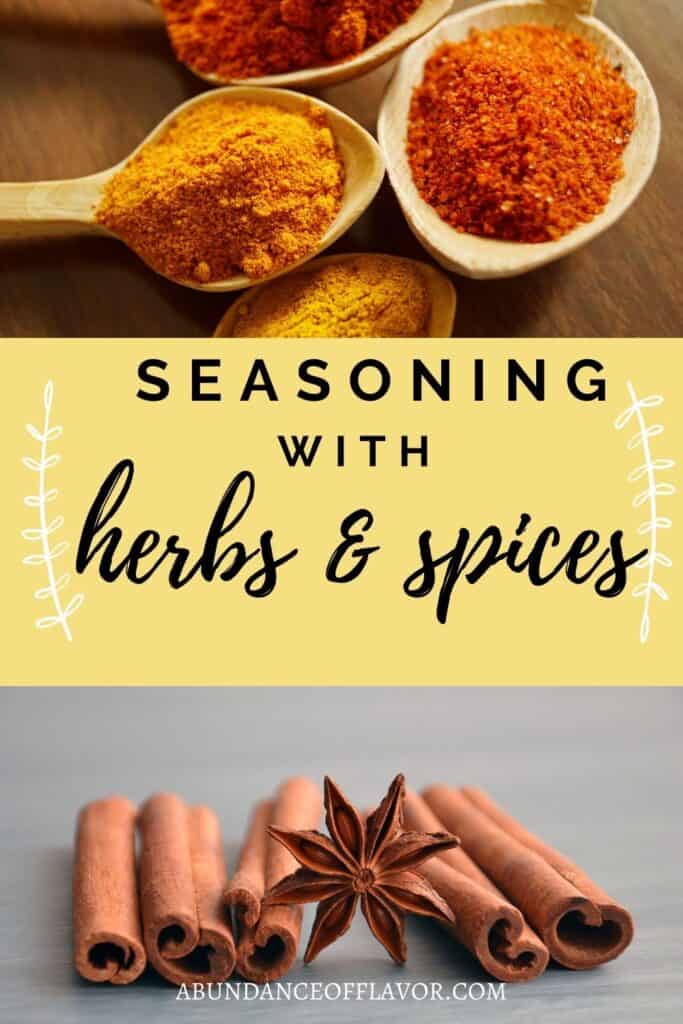
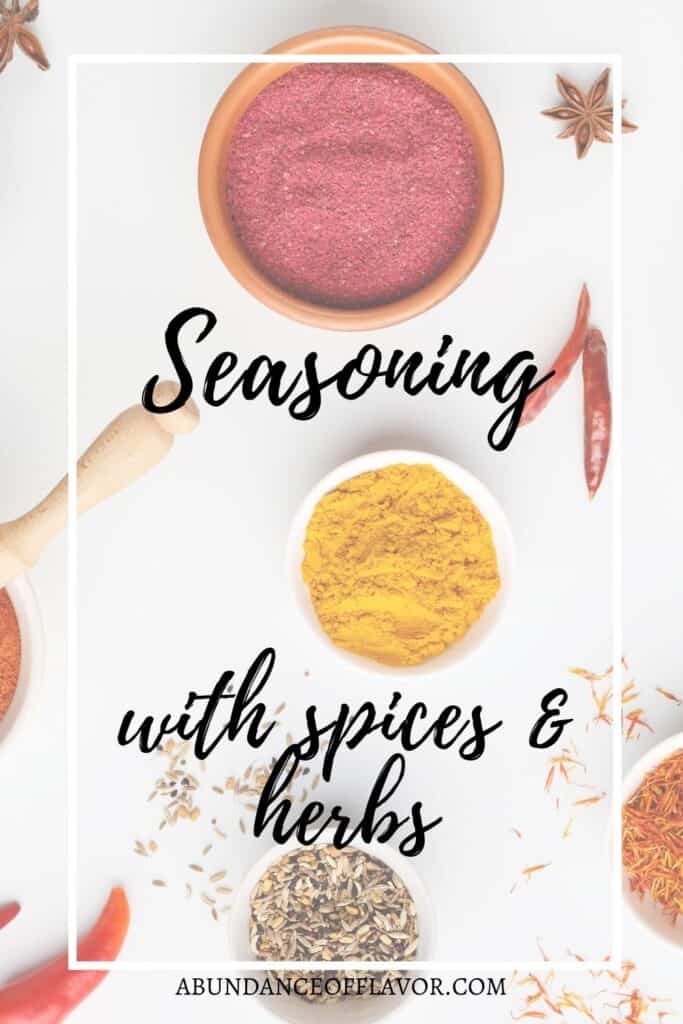
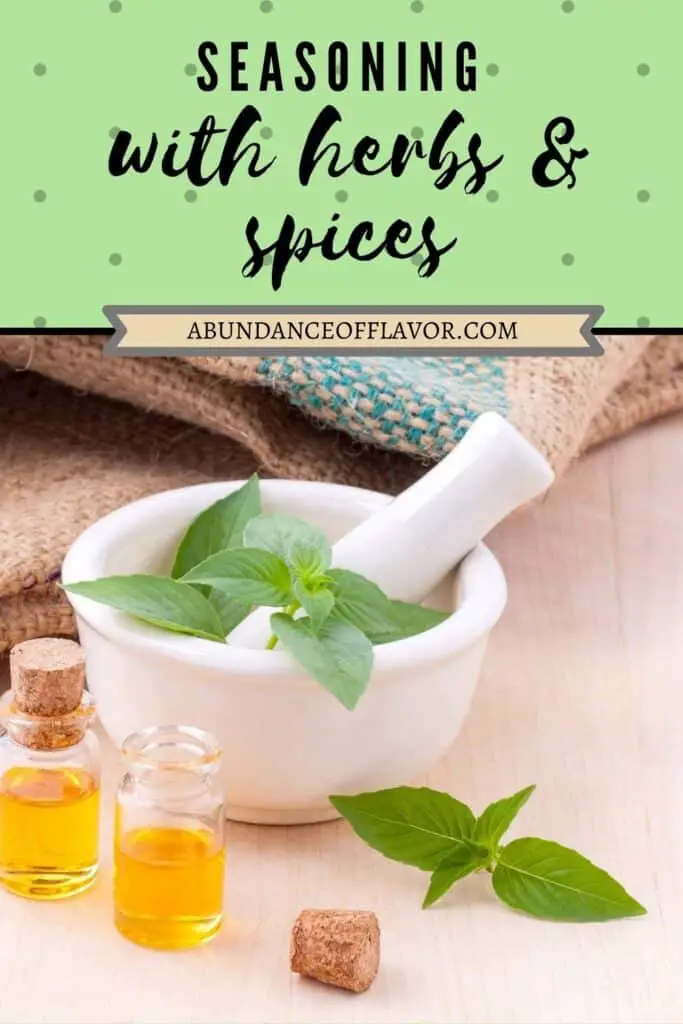
implement your new skill
Check out my new recipe coming this thursday where we create a delectable Thai flavor to use on a quick and easy recipe for lunch or dinner!

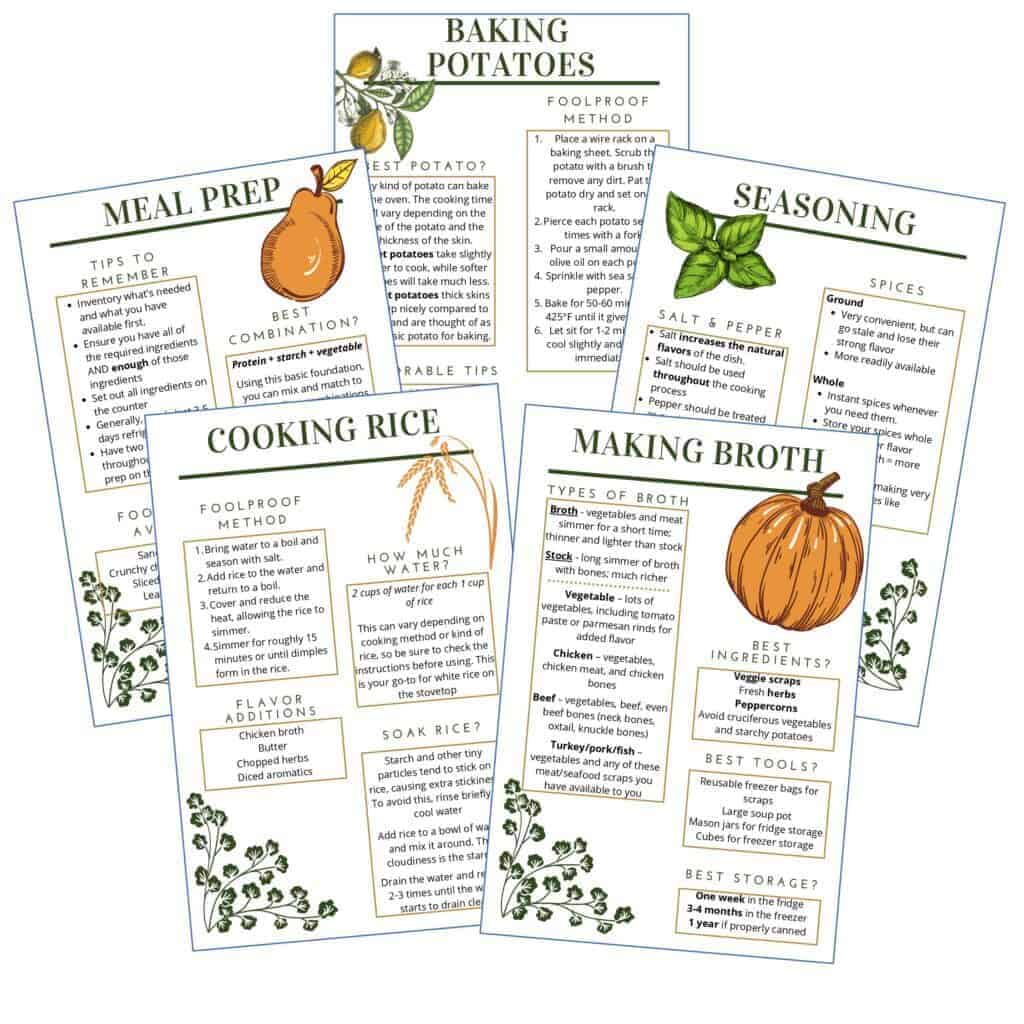

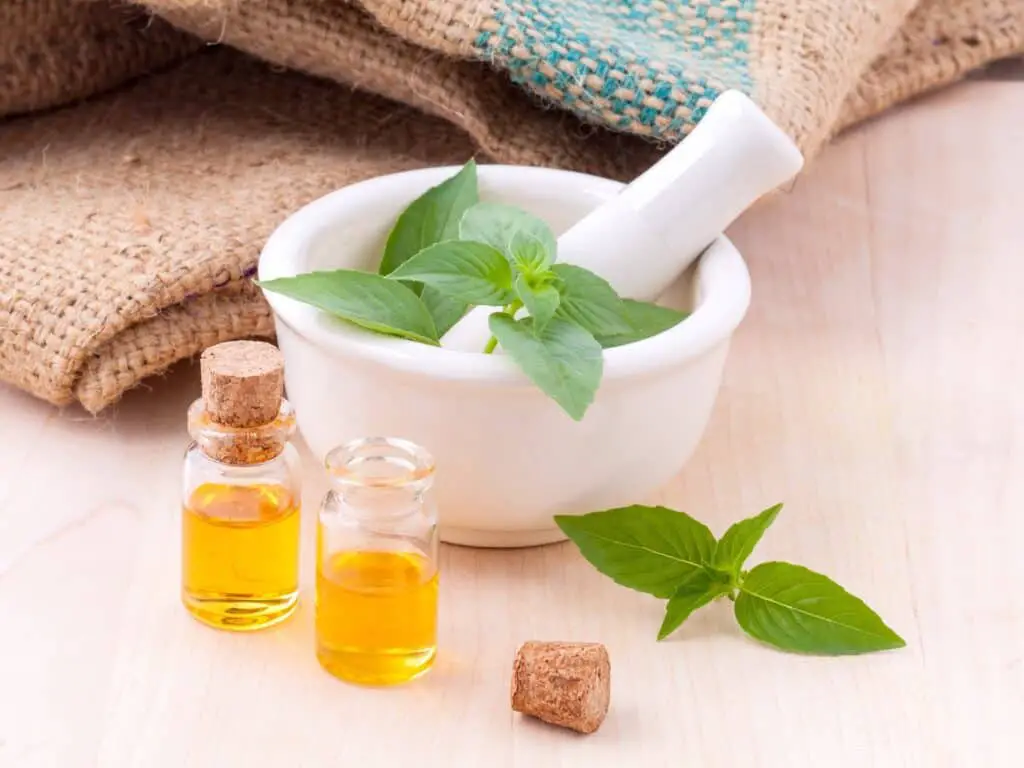
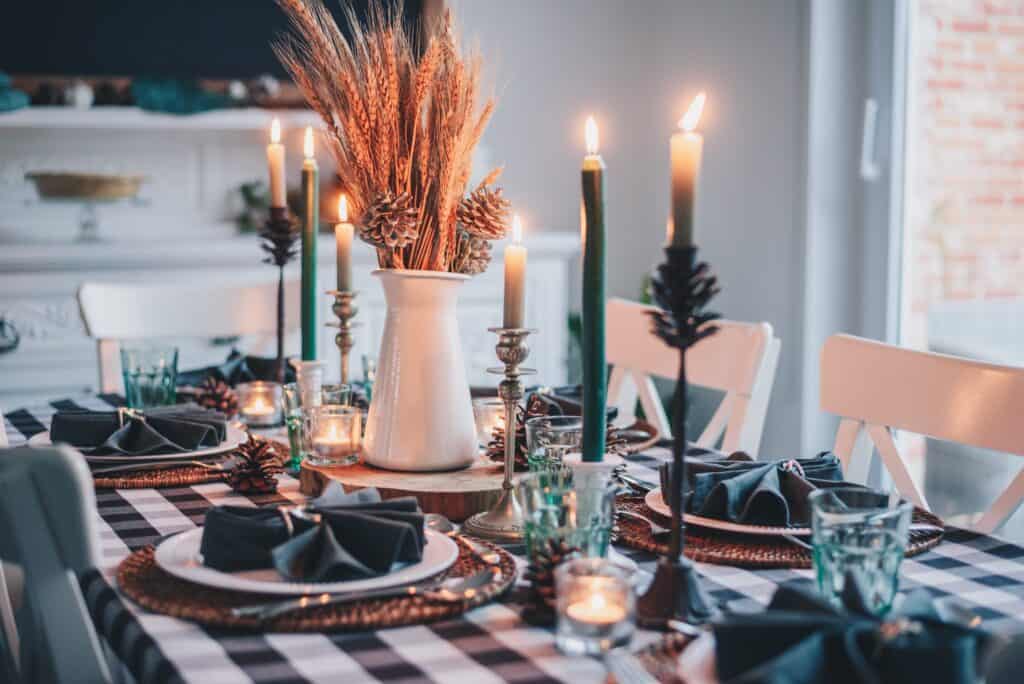
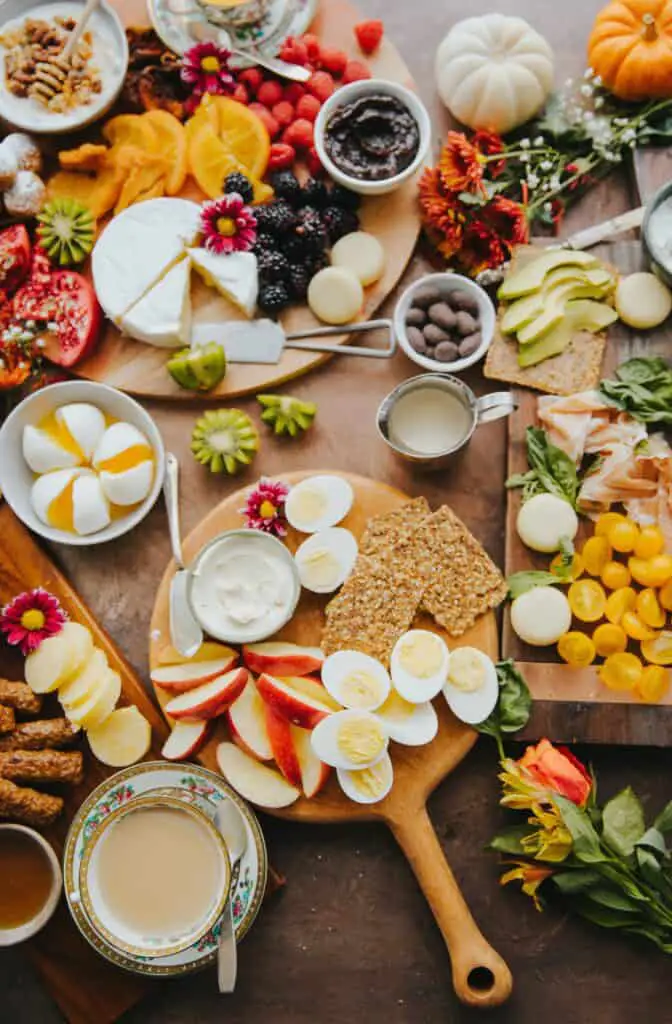

This is really helpful! You think it’s easy to throw herbs and spices onto things but there’s actually so much more to think about! I love putting pepper on things. But I can definitely use too much sometimes! x
Fresh pepper is definitely very easy to overdo haha thanks for reading!
This is such a helpful post! I didn’t even know some of those facts about seasoning – will definitely be implementing them the next time I’m cooking xx
http://www.dellalovesnutella.co.uk/
I’m so glad it was helpful, thanks for reading!
Creating your own spice blends are so fun! So many people don’t know to season throughout cooking – it adds so much depth.
I love making spice blends for different cuisines!
Thank you for this post. I am so useful at using herbs and spices. This normally puts me off cooking altogether as the food just ends up tasting really bad at the end. I will refer back to this post in the future.
That’s so great to hear, I have a new freebie coming soon to my email list that I hope would be helpful for this at home!
I’m terrible for just throwing what I can on my food – so far I haven’t had any disasters, but I should probably really think about what I do for future meals as it can make a huge difference! Although I love experimenting with different herbs and spices, I never really thought about what I was putting on/why it would make a difference. But this post has given me a lot to think about which is great – thanks for sharing 😀
Not gonna lie, sometimes when I’m moving fast I just throw what I can haha. But it’s amazing how spices can complement each other when you take the time to think about it! Thanks for reading 🙂
This is a really helpful post and something I could have done with this a couple of years ago when I learnt the hard way about how sparingly pepper should be used.
Fresh pepper is always so much stronger than expected! Thanks for reading
I had no idea about the difference between fresh and dried herbs, nor that dried are better in liquids. This is such a helpful post, Kalin, I’m bookmarking it to refer to in the future, thank you!
That’s so good to hear!! Thanks for reading!
I learned a lot from this post. Glad to see I am doing most things correctly. I had no idea you were supposed to use salt at every level though. Now it makes sense why some recipes call for small amounts of salt at different points.
Salt does SO good enhancing flavors! Thanks for reading!
Well this is certainly taught me a fair bit. I use a lot of herbs and spices in my cooking but I NEVER use salt.
I really am not a fan but I think I might try seasoning with salt a little more often.
Thanks for sharing x
I was the same way!! I never used salt because I thought it was “bad” but it has changed how I cook
Very helpful topic here, Kalin! Every time I saute onions and garlic I put some salt to bring the flavor and some powdered spices. One herb we are using more now is dill, it gives a more exciting flavor.
Dill is so underused! I would love to grow some fresh dill so I always have some on hand
Great tips! I love the breakdown of the differences between certain herbs and spices. And the flavour palette points are so helpful!
Anika | chaptersofmay.com
Great, thank you for your feedback!
Very informative article and I never knew this you taught me something new
That’s awesome, thank you for reading and commenting!
Pingback: Thai Turkey Meatballs in a Sweet Chili Sauce - Abundance of Flavor
Thanks for this informative article about using herbs and spices. My favorite way to flavor food is using fresh herbs when we have them available from our garden. It’s so fun to me. I haven’t experimented enough with making my own spice blends, and I’ll make an effort to be more adventurous in that way!
Sometimes I get lazy and want the same basic meal (chicken and rice lol) but have fun mixing it up with different veggies and seasoning!
Love this! Apparently I was doing it right, but I never knew about these things! I’ll pay much more attention to it next meal.
Haha kudos to you! Thanks!
I’ve tried using herbs to add flavours to stuff like home mad meatballs, but it never seems to work. What am I doing wrong?
Beef meatballs usually need a flavorful sauce to accompany them, but lighter meats like turkey or chicken are easier to flavor!
These are such great tips. I love cooking and playing around with herbs and spices. Most of the ties things turn out great. I had no idea about when to use the different herbs in the cooking process. Thank you for sharing.
Thank you, I’m glad it was helpful!
You know I always learn so much from your posts!
This is another great one, I didn’t know adding the dried herbs in earlier was better, I always add them at the end.
Thanks
For sharing
Aww, that’s so sweet thank you!
This looks so inviting and educative. That’s why I always use recipes. And not so much spices. I love turmeric and basile, I just love its smell..
Yum both of those are so fragrant!
Your posts are always so informative and helpful! Thanks for sharing!
Thank you for checking it out — I appreciate it!
Pingback: 21 Basic Cooking Skills for Beginners - Abundance of Flavor